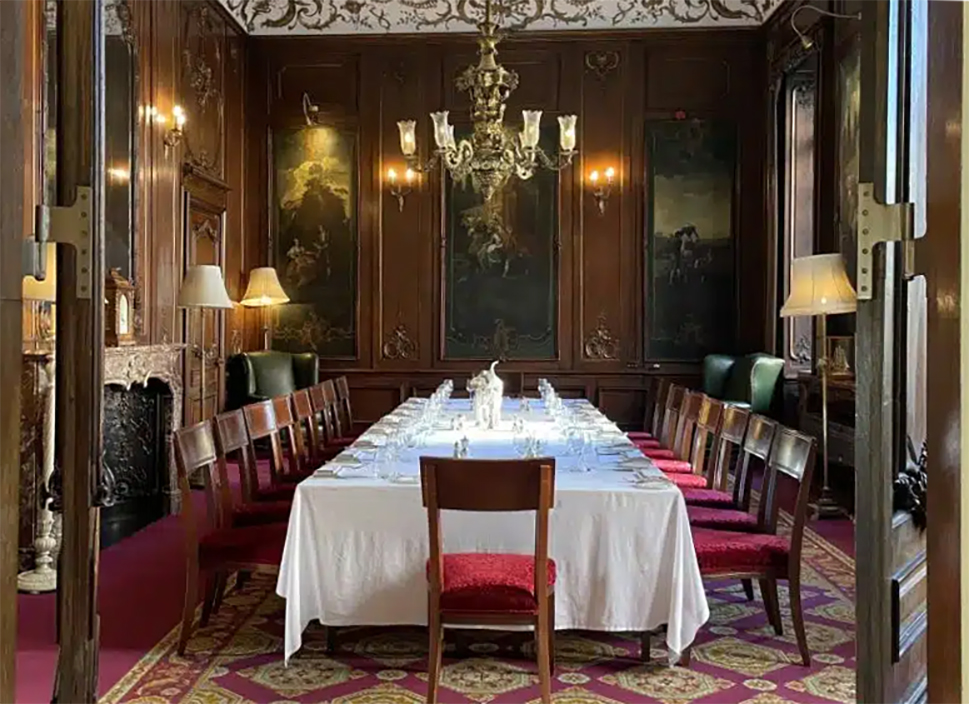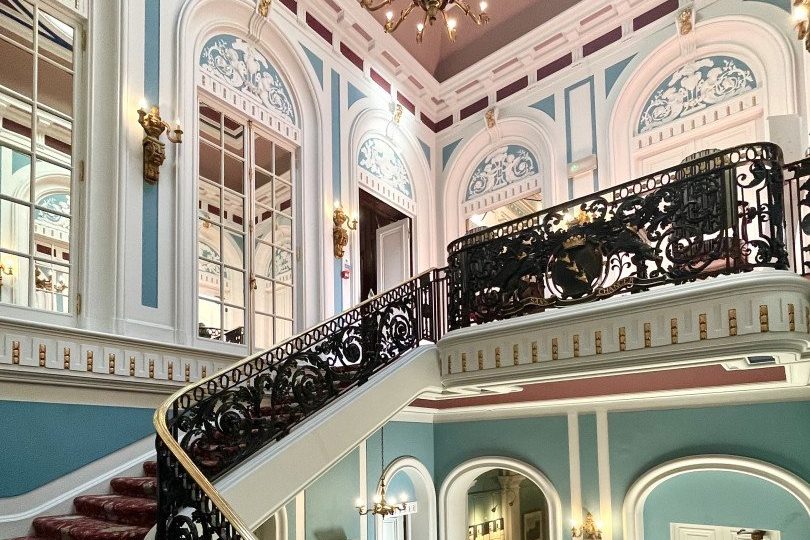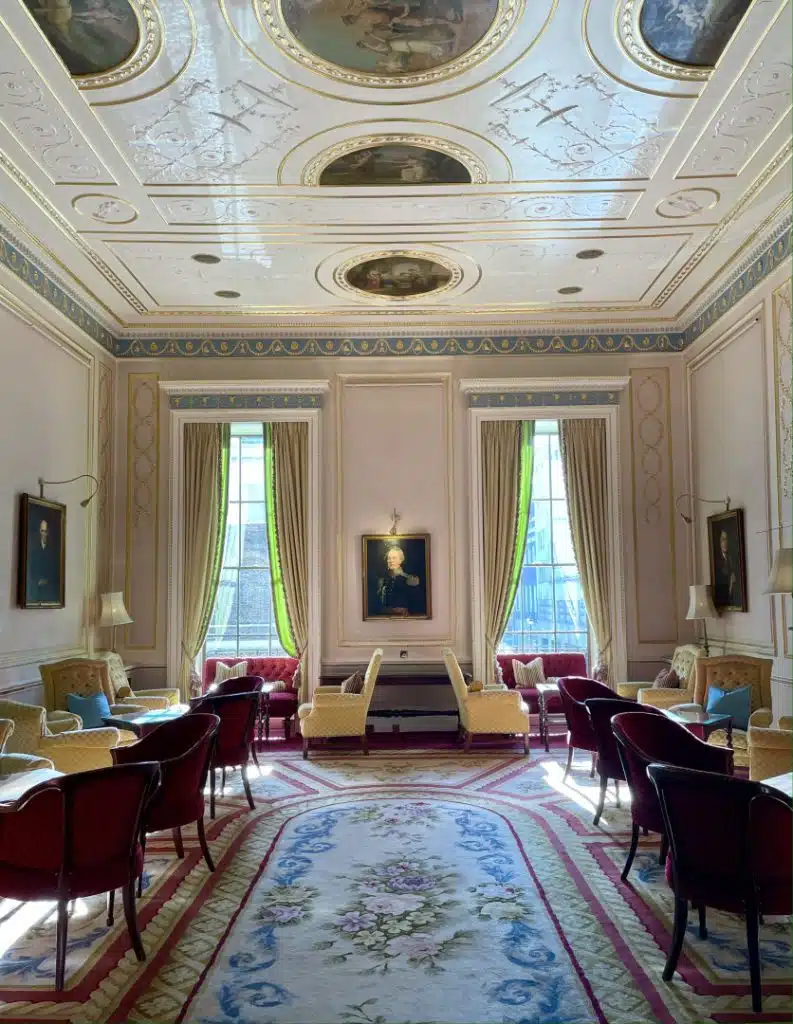
The Oriental Club in London stands as a beacon of tradition and exclusivity in the heart of the city. Founded in 1824, the club has been a hub for diplomats, military officers, and professionals, often those with a connection to the East, reflecting its historical roots and its continued embrace of a cosmopolitan membership.
The Oriental Club was established by Major General Sir John Malcolm, a distinguished diplomat and one of the most celebrated figures in the British East India Company. His vision was to create a sanctuary in London for returning British officials from the East Indies, where they could relax, dine, and socialize in comfort reminiscent of their overseas lives. The club’s founding members included noted figures such as the Duke of Wellington, who was also the club’s first President.
Originally located at Hanover Square, the club later moved to its current premises at Stratford House in Stratford Place, just off Oxford Street. This historic move in 1961 allowed the Oriental Club to continue its traditions in a more expansive and fitting setting. Stratford House, built in the 18th century, provides a stately backdrop that enhances the club’s atmosphere of old-world charm and luxury.
Membership to the Oriental Club is highly coveted and follows a strict admission process that underscores its exclusivity. Potential members must be recommended by current ones and are typically those who have a strong connection to the East through either professional postings or personal interest. The membership, while originally male-only, has evolved to include women, reflecting modern attitudes while maintaining its storied traditions.
Inside the club, members are treated to a variety of facilities that cater to both social and professional needs. The club’s dining rooms are renowned for their exceptional cuisine, which includes traditional British dishes alongside specialties that hint at the Eastern influence of its heritage. The drawing rooms, libraries, and bars offer serene environments where members can unwind or engage in intellectual discussions.
The club’s commitment to maintaining a connection to its Eastern origins is evident in its decor and the events it hosts. Artworks and artifacts from Asia adorn the walls, and the club regularly organizes talks and cultural events that focus on Asian history, politics, and arts. This not only enriches the members’ understanding but also serves as a reminder of the club’s foundational ties to the East.
Moreover, the Oriental Club is more than just a social club; it serves as a cultural repository that has preserved traditions and stories of Britain’s historical engagement with Asia. Through its archives and the collective memory of its members, the club offers insights into the socio-political dynamics that shaped the regions where its members served.
As it stands today, the Oriental Club remains a vibrant part of London’s social landscape, bridging the past and present. It not only provides a gathering place for those with shared experiences and interests in the East but also stands as a symbol of the enduring allure of the oriental world in British society. It serves as a constant reminder of how global interactions shape personal and collective histories, continuing to draw members who share a fascination with the East and a commitment to the club’s longstanding ethos of fellowship and tradition.


Would like to visir the clubbetween 1 and 2 and see what the perks are before I join
If you have the required proposer and seconder, you should contact the club on 02076295726 to organise a visit.
Dear SAJ,
Should it be “Perks” that you are looking for I would respectfully suggest our club is not really right for you has your proposers and seconders explained the clubs ethos to you ? otherwise have you tried maybe Soho house and those sort of places where “Perks” are a thing ? Kind Regards Audley